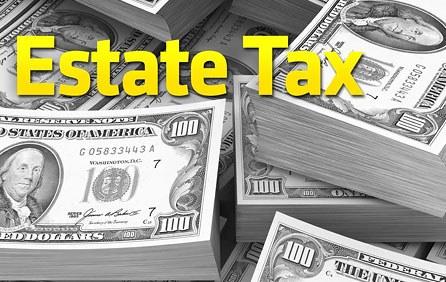
Lowest Prices Guaranteed
Get your inheritance money fast!
What is an Estate, and What is Estate Tax?

What is an Estate?
We spend the majority of our lives working, raising our families, and putting aside some money towards our retirement. Hopefully during this time, we have accumulated some savings, perhaps an investment, and a home that has appreciated in value. This is called is called our Estate. This is the cash and property that we wish to leave our heirs as inheritance when we pass. The value of our Estate is determined by adding together the value of our home, Insurance proceeds, cash that we may have in the Bank, any Stocks and Bonds, any funds sitting in our retirement account, etc. From this total amount, we must deduct any loan obligations such as an outstanding mortgage, and any other debts and expenses to which we may have obligated ourselves. The remaining amount after all obligations are accounted for, is the net value of our Estate.
What is Estate Tax?
Many people refer to this, as the Death Tax. This is a Federal Tax on your right to transfer property upon your death. Currently, a filing for this tax kicks in on Estates exceeding $5,000,000. It seems the amount regulating this filing is constantly changing. Many believe this tax is unfair, since the deceased has already paid income tax once before on these earnings. Unfair or not, this is the current law.
As you might expect, there are legal ways to delay and defer this tax. This is usually done with tax planning and the formation of Trust. Our remarks are not meant to be offered as tax advice, but more importantly, as advice for you to seek tax advice from a professional tax planner. This is true even though your Estate may not be close to the amount covered by the dreaded Estate Tax. Spending a relatively small amount now, can save your Estate a lot more money after your passing. At the very minimum, prepare a Will. Do not leave the distribution of your hard earned Estate to be determined by the State in which you reside. It is your money, you decide.
For more FAQ’s about Executor and Trustee, read our blog here.

Contact
- 7301 Topanga Canyon Blvd #202
- Canoga Park, CA 91303
- P 800-624-0878
- F 818-407-5168
- E funding@advanceinheritance.com
